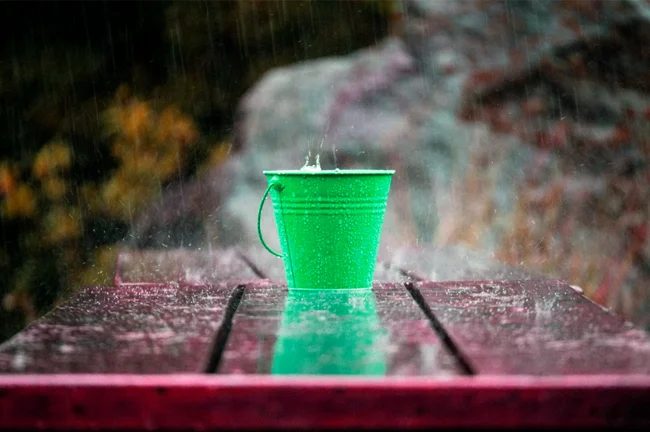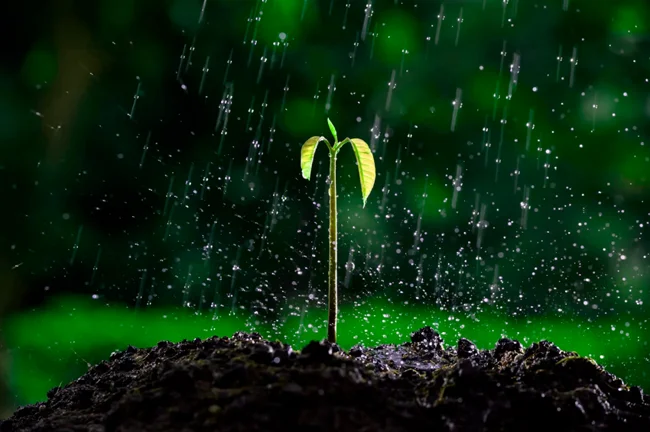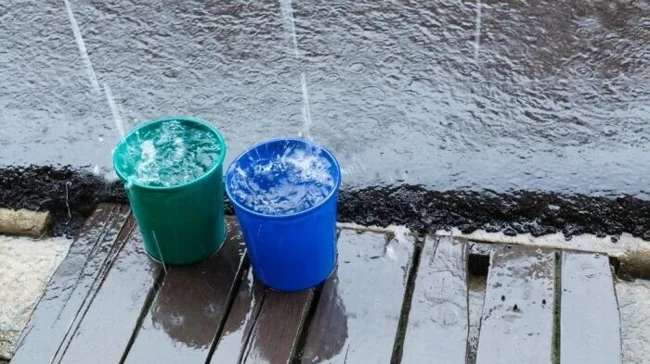Why is it illegal to collect rainwater in the USA and Canada? (3 photos)
In most private houses and cottages you can see barrels under gutters to collect rainwater. But in some US states and Canada, such a management approach to precipitation is not always possible. 
In some regions of these North American countries, collecting rainwater is prohibited. And for violation you can get quite a significant punishment.
Why are Americans and Canadians banned from collecting rainwater?
What are the consequences of this?
Water ownership
In some US states and Canada, according to current laws, ownership of land does not imply the right to control the water that flows through it. The owner of the plot cannot, for example, dam a stream or change its course. In order to dig a well or drill a well on your land, you need to obtain special permission from the authorities. At the same time, it will be verified that the well will not disrupt the existing system, and the well will not draw up an underground water layer that extends beyond the site. That is, the owner of the land, when extracting water, will not cause irreparable harm to nature and will not violate the rights to water of his neighbors.
Rainwater is also considered a common good. The US and Canada, especially in the west, have many very dry places where literally every drop counts. Therefore, rainwater is treated as a value that cannot belong to only one owner of the site. Rain creates surface flows that, among other things, replenish local water bodies. Blocking this flow harms rivers and lakes that are a national property.
Water as a common asset
According to local ecologists and legislators, rainwater should enter the general ecological system, nourish the earth, give life to small creatures in it, evaporate and fall again as precipitation. By local standards, blocking this flow or polluting it is considered an attack on the general welfare. 
Of course, the attitude towards rainwater is reasonable. During a heavy downpour, placing a couple of buckets under the drain is normal, no one will pay attention to it. Water flowers with rainwater or wash away dust from the garden path, too. After all, rain would have done it anyway.
But directing a drain so that rainwater fills an artificial reservoir or swimming pool on private property is already illegal. It is also prohibited to use rainwater harvesting for household or industrial purposes.
The same applies to melting snow. 
Prison for stealing water
In 2017, in the US state of Oregon, a very real sentence was imposed on Harry Harrington for collecting rainwater. The owner of a private house installed three large tanks to collect rainwater for personal use. After reports from the man's neighbors, authorities warned him several times that he was violating the permissible water use limits. The owner of the plot insisted that he had the right to do whatever he saw fit on his land. As a result of long disputes, the authorities not only managed to dismantle the tanks, but also fined the owner one and a half thousand dollars, and he himself was sent to prison for a month.
